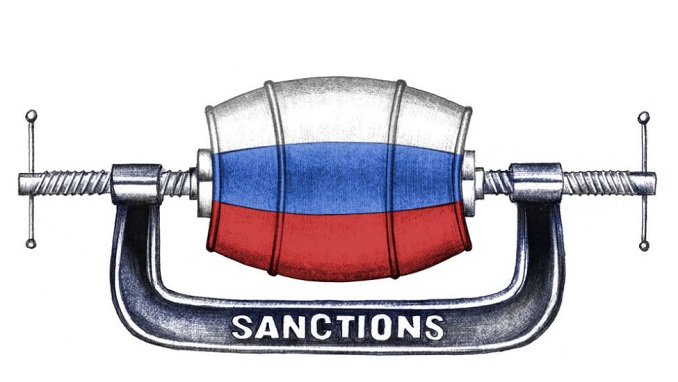The West’s anti-Russian sanctions are proving to be ineffective and are starting to harm America more, the CEO of Russia’s sovereign wealth fund, the Russian Direct Investment Fund (RDIF) Kirill Dmitriev has said, according to CNBC.
“Of course, we believe sanctions are wrong, and particularly U.S. sanctions because they really undermine the U.S. long term,” Dmitriev told the news network at the World Economic Forum (WEF) in Davos, Switzerland.
“Basically, we see lots of people moving away from [the] dollar, because lots of dollar transactions are getting restricted, and I think the US, by focusing so much on short-term pressure, and short-term competitive pressure, on Russian gas and other things, is really undermining its own long-term fundamentals, you know, things that held the world together, such as [the] dollar, fair trade practices, and fairness,” he said.
According to Dmitriev, Moscow has adjusted to the sanctions, with the economy growing at two percent and stable oil prices. “So frankly it’s a way of doing business now and people are used to it,” he said.
The official noted that sanctions have not stopped foreign direct investment and economic partnerships between Russia and other countries.
“We have partnerships with 20 top sovereign wealth funds, we were able to generate keen returns on dollars every year for the last seven years, and they are actively investing with us. So, we’ll continue to attract major investment from Asia, from the Middle East, [and] American businesses,” Dmitriev said. He added that 30 new American companies opened operations in Russia in 2018.
“Coca Cola and Pepsi, McDonalds, all of these, they’re just quietly present on the Russian market, taking advantage. So, yes, sanctions do matter, but investment flows are happening,” he said.
Sanctions against Moscow were introduced by the United States and the European Union in 2014 over Russia’s annexation of Crimea and the Kremlin’s involvement in the conflict in eastern Ukraine.
Moscow retaliated by imposing an embargo on agricultural produce, food, and raw materials from countries that joined in the sanctions. Mutual sanctions have been prolonged and extended since then.












